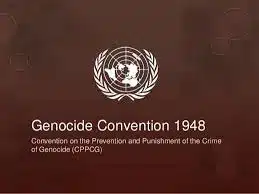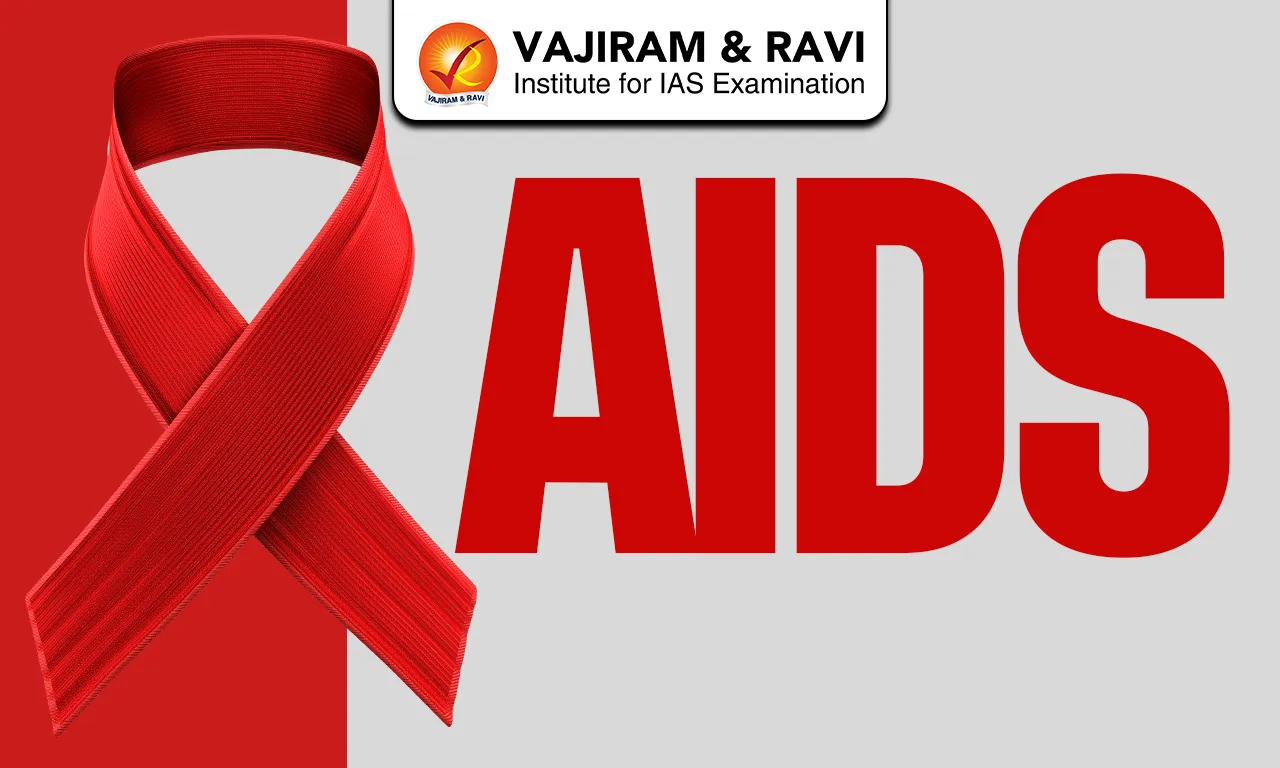About Genocide Convention 1948
- The term ‘genocide’ is often loosely used when speaking of attacks against various communities across the world.
- It has been defined using set criteria in the UN’s Convention on the Prevention and Punishment of the Crime of Genocide, moved in the General Assembly in 1948.
- It says, “In the present Convention, genocide means any of the following acts committed with intent to destroy, in whole or in part, a national, ethnical, racial or religious group, as such:
- Killing members of the group;
- Causing serious bodily or mental harm to members of the group;
- Deliberately inflicting on the group conditions of life calculated to bring about its physical destruction in whole or in part;
- Imposing measures intended to prevent births within the group;
- Forcibly transferring children of the group to another group.
- As per this convention the genocide is a crime whether committed during wartime or peacetime.
- India ratified the convention in 1959; there is no legislation on the subject.
Key facts about the International Court of Justice
- It is the principal judicial organ of the UN established in June 1945 by the Charter of the United Nations.
- French and English are the official languages of the Court.
- Powers and Functions:
- The Court may entertain two types of cases: legal disputes between States submitted to it by them (contentious cases) and requests for advisory opinions on legal questions referred to it by United Nations organs and specialized agencies (advisory proceedings).
- Advisory proceedings before the Court are only open to five organs of the United Nations and 16 specialized agencies of the United Nations family or affiliated organizations.
- The court’s judgments in contentious cases are final and binding on the parties to a case and without appeal.
- Unlike the Court’s judgments, advisory opinions are not binding.
- Composition:
- It is composed of 15 judges, all from different countries, who are elected for terms of office of nine years by the United Nations General Assembly (UNGA) and the Security Council (UNSC).
- A candidate must receive an absolute majority of the votes in both UNGA and UNSC.
- One-third of the composition of the Court is renewed every three years.
- Once elected, a member of the Court is a delegate neither of the government of his own country nor of any other State.
Q1) What is the United Nations?
The United Nations (UN) is an intergovernmental organization that was established with the purpose of promoting international cooperation and maintaining peace and security among its member states.
Last updated on March, 2026
→ UPSC Notification 2026 is now out on the official website at upsconline.nic.in.
→ UPSC IFoS Notification 2026 is now out on the official website at upsconline.nic.in.
→ UPSC Calendar 2026 has been released.
→ UPSC Final Result 2025 is expected to be released soon.
→ Check out the latest UPSC Syllabus 2026 here.
→ Join Vajiram & Ravi’s Interview Guidance Programme for expert help to crack your final UPSC stage.
→ UPSC Mains Result 2025 is now out.
→ UPSC Prelims 2026 will be conducted on 24th May, 2026 & UPSC Mains 2026 will be conducted on 21st August 2026.
→ The UPSC Selection Process is of 3 stages-Prelims, Mains and Interview.
→ Prepare effectively with Vajiram & Ravi’s UPSC Prelims Test Series 2026 featuring full-length mock tests, detailed solutions, and performance analysis.
→ Enroll in Vajiram & Ravi’s UPSC Mains Test Series 2026 for structured answer writing practice, expert evaluation, and exam-oriented feedback.
→ Join Vajiram & Ravi’s Best UPSC Mentorship Program for personalized guidance, strategy planning, and one-to-one support from experienced mentors.
→ Check UPSC Marksheet 2024 Here.
→ UPSC Toppers List 2024 is released now. Shakti Dubey is UPSC AIR 1 2024 Topper.
→ Also check Best UPSC Coaching in India


















